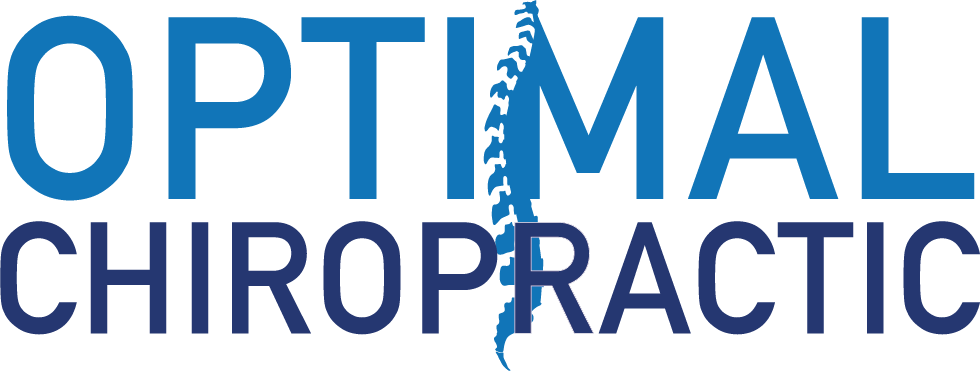The quest for enhanced athletic performance is a common pursuit among athletes, often leading them to explore various methods of achieving greater results. Among these methods, the use of steroids has become a controversial yet notable topic. Steroids, primarily anabolic steroids, are synthetic substances that mimic the effects of testosterone in the body. They have been shown to offer several benefits that can help athletes combat fatigue and boost energy levels during training sessions.
The Biological Mechanism of Steroids
Steroids work by interacting with androgen receptors in muscle cells, which leads to increased protein synthesis and muscle growth. This process not only builds muscle mass but also improves overall physical performance. Key ways in which steroids aid in reducing fatigue and enhancing energy include:
- Increased Red Blood Cell Production: Steroids stimulate erythropoiesis (the production of red blood cells), resulting in improved oxygen delivery to muscles. This enhancement helps delay fatigue during extended physical activity.
- Enhanced Muscle Recovery: The anti-inflammatory properties of steroids can significantly reduce muscle soreness after strenuous workouts. Faster recovery allows athletes to train harder and more frequently without succumbing to fatigue.
- Improved Protein Synthesis: A surge in protein synthesis means better muscle repair and growth, which translates into enhanced strength and endurance during subsequent training sessions.
- Boosted Metabolism: Steroids can enhance metabolic efficiency, allowing the body to utilize energy sources more effectively during high-intensity exercise.
Combatting Fatigue with Steroids
Fatigue is one of the primary challenges athletes face during intense training regimens. It can stem from both physical exertion and psychological stress. Steroid use can play a pivotal role in managing these fatigue factors:

- Physical Fatigue Management: By increasing muscle mass and strength, steroids enable athletes to handle heavier loads and sustain activity longer, effectively pushing back against physical fatigue.
- Mental Resilience: Steroids may assist in improving mood and mental focus, allowing athletes to maintain motivation and concentration during rigorous training sessions.
In the world of competitive sports, athletes are constantly seeking ways to enhance their performance and endurance. One method that has gained attention is the use of steroids to combat fatigue and boost energy during training sessions. Steroids can help athletes by increasing muscle mass, improving recovery times, and enhancing overall stamina. For more detailed information on how steroids can be utilized effectively in sports, you can visit https://steroidssp.com/. This resource provides comprehensive insights into the benefits and considerations of steroid use in athletic training.
Energy Boost Through Steroid Use
The concept of energy in athletic training goes beyond mere motivation; it involves physiological readiness to perform at peak levels. Steroids contribute to energy enhancement in several ways:
- Increased Strength Output: Higher muscle mass and strength directly correlate with an athlete’s ability to exert force, making it easier to lift weights or sprint faster, ultimately leading to a higher energy output.
- Reduced Fatigue Onset: By increasing endurance and delaying the onset of fatigue, athletes can maintain higher intensity levels for longer periods. This effect is particularly beneficial for endurance athletes.
- Accelerated Glycogen Utilization: Steroids may enhance the body’s efficiency in utilizing glycogen stores, providing a readily available energy source during prolonged training sessions.
Considerations and Risks
While the benefits of steroids can be enticing, it’s crucial for athletes to consider the potential risks and ethical implications of their use. Some key considerations include:
- Health Risks: Long-term use of steroids can lead to serious health issues, including cardiovascular problems, liver damage, and hormonal imbalances.
- Legal and Ethical Implications: Many sports organizations ban the use of steroids, and athletes caught using them may face suspensions or permanent bans.
- Dependency and Withdrawal: Psychological dependence on steroids can develop, leading to withdrawal symptoms when discontinuing use.
Conclusion
Steroids can provide significant advantages for athletes looking to combat fatigue and boost energy levels during training. While the physiological effects are advantageous, it is essential to weigh these benefits against potential health risks and ethical concerns. Athletes should make informed decisions about their training methodologies and consult healthcare professionals before considering steroid use as part of their regimen.


Recent Comments